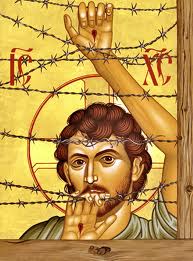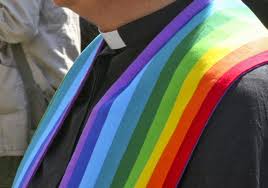No greater agony, the untold story
No greater agony, the untold story
June 9, 2015
In memory of my friend, “Luke”
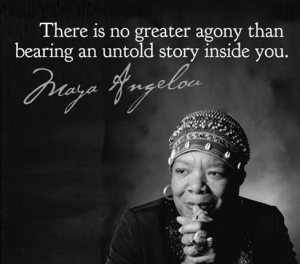 Recently I found out that a friend of mine from high school, someone I knew over thirty-five years ago, passed away not so long ago. We were close friends in high school, mainly because we did not fit in with other groups of our peers. Neither of us were jocks, or overly brilliant, or cool enough to be part of the various cliques in high school, and so we found a kinship in our ostracism. One day, I decided that I was going to tell “Luke” that I was gay. It was a deep secret that I had hidden inside of me, never telling anyone. Since we were both seniors in high school at the time, soon to be off to out of state colleges, I thought that I could risk telling my best friend that I was attracted to other guys. Luke was not someone I was attracted to, but thought that he might also be gay, and so I risked it. I got the shock of my life, when he told me that he thought that there was something wrong with me. He then threatened to go immediately and tell my parents what I had said. I panicked, and with the best acting I could possibly muster up at the moment, tried to laugh the entire thing off as a big joke. I am not sure if he bought it, but it certainly bought me freedom from any embarrassment or ill treatment from my parents. (more…)
Recently I found out that a friend of mine from high school, someone I knew over thirty-five years ago, passed away not so long ago. We were close friends in high school, mainly because we did not fit in with other groups of our peers. Neither of us were jocks, or overly brilliant, or cool enough to be part of the various cliques in high school, and so we found a kinship in our ostracism. One day, I decided that I was going to tell “Luke” that I was gay. It was a deep secret that I had hidden inside of me, never telling anyone. Since we were both seniors in high school at the time, soon to be off to out of state colleges, I thought that I could risk telling my best friend that I was attracted to other guys. Luke was not someone I was attracted to, but thought that he might also be gay, and so I risked it. I got the shock of my life, when he told me that he thought that there was something wrong with me. He then threatened to go immediately and tell my parents what I had said. I panicked, and with the best acting I could possibly muster up at the moment, tried to laugh the entire thing off as a big joke. I am not sure if he bought it, but it certainly bought me freedom from any embarrassment or ill treatment from my parents. (more…)

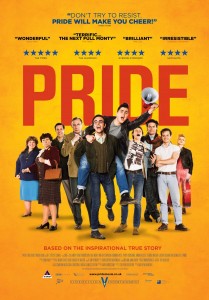
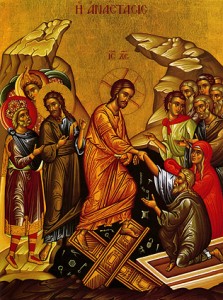
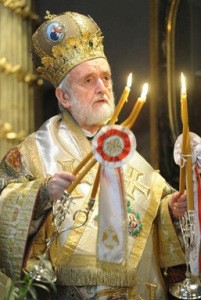
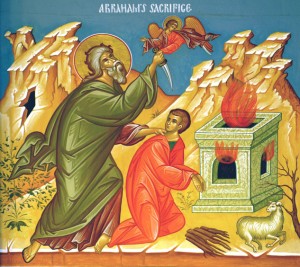
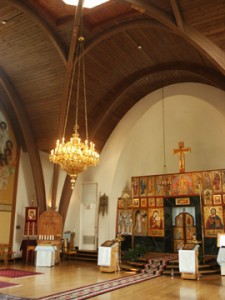
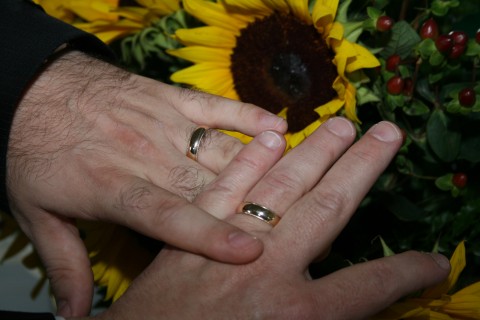 the PBS television series “Call the Midwife,” there is a wonderful line spoken by one of the characters, Jenny: “If we are lucky, we find love. If we are blessed, we understand its meaning.” This line struck me on many levels. Many of us have been lucky in life to have or have had parents who loved us. Perhaps only later in life are we blessed enough to understand the hardships they endured and the sacrifices that they made for us, because they loved us. An even greater blessing is if our parents loved us unconditionally, and if we returned that same level of love.
the PBS television series “Call the Midwife,” there is a wonderful line spoken by one of the characters, Jenny: “If we are lucky, we find love. If we are blessed, we understand its meaning.” This line struck me on many levels. Many of us have been lucky in life to have or have had parents who loved us. Perhaps only later in life are we blessed enough to understand the hardships they endured and the sacrifices that they made for us, because they loved us. An even greater blessing is if our parents loved us unconditionally, and if we returned that same level of love. 